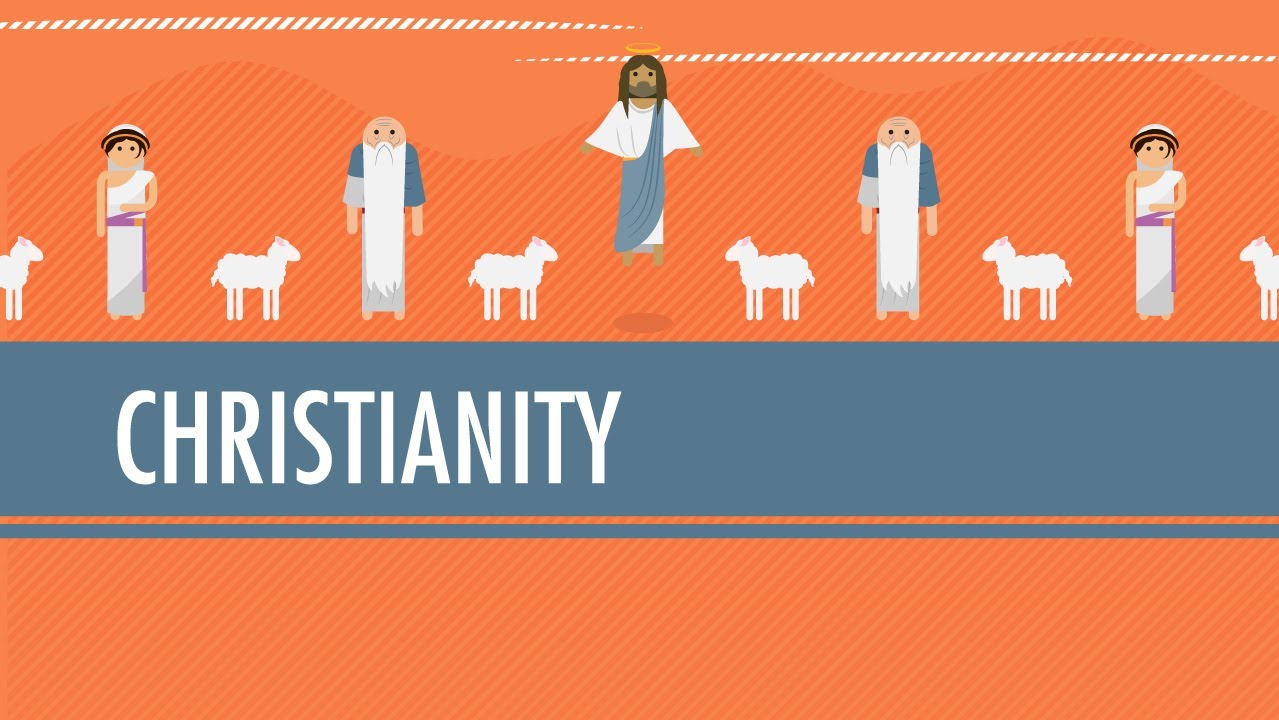In the West pagan literature declined and virtually disappeared, while in the East a few passionate devotees of the old gods still made their voices heard. Christian writings increasingly took the center of the stage. In the East, writers devoted much energy to polemical statements on doctrinal questions and disputes. In both East and West the best minds among Christians faced the problem of how to treat Greek and Roman literature. At first, a few thinkers, mostly in the West, advised against reading anything but Scripture.
Later they acknowledged that one had to read the great pagans of the past to be able to refute pagan philosophical ideas. Still, there was always the danger that in the pleasure of reading a classical author one might forget to expose his errors and refute his arguments. The Greek Christians worried far less about this problem. In the fourth century Basil, author of the communal monastic rule; his brother, Gregory of Nyssa (died c. 394); and their friend, Gregory of Nazianzos (329-389) all had excellent classical educations and used the techniques of the pagan philosophers to discuss religious ideas.
One of the most important writers in Latin was Jerome (340-420), who studied with Gregory of Nazianzos and who produced the Latin Bible (the Vulgate). Another was Ambrose (c. 340-397), a Roman civil servant who became bishop of Milan. Christianizing much that he found in the classics, he transformed Cicero’s Stoic concept of duty to the state into a Christian concept of duty to God. Ambrose put his own preaching into practice when he publicly humiliated the emperor Theodosius I (r. 379-395) and forced him to do penance for savagely punishing some rioters. The act symbolized the Western church’s insistence that, in matters of morals and faith, church would be supreme over the state—an attitude that ran exactly counter to the practice growing up in the East.

